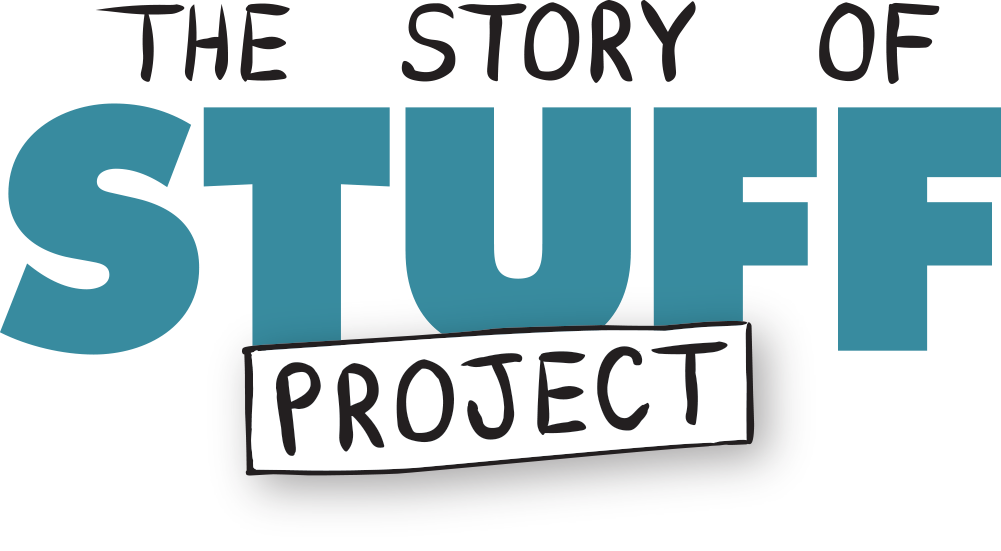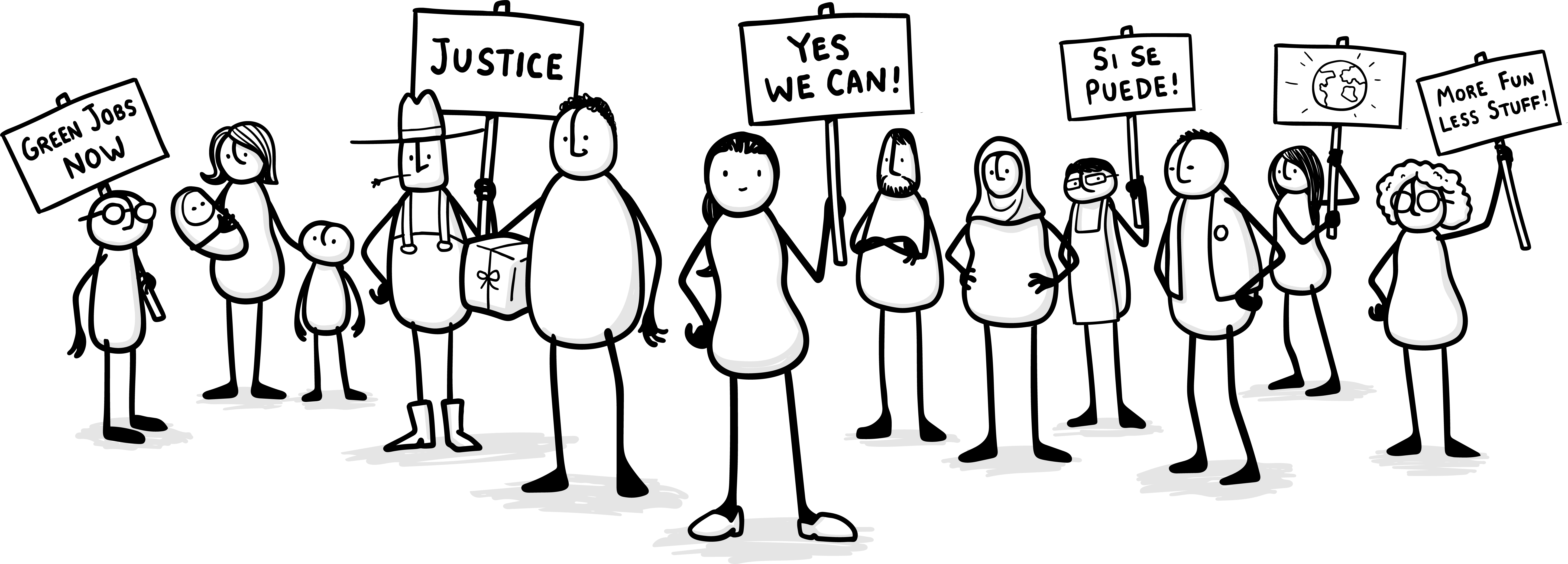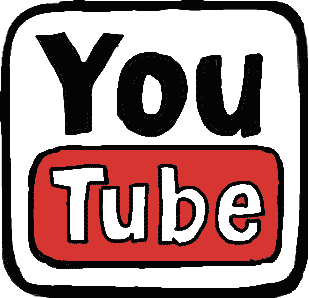Since the launch of one of our biggest campaigns to date last fall, our team has made exciting progress towards our ultimate goal: to eliminate single-use plastic waste by establishing REUSE as the new normal.
In addition to campaign updates, we’ve got developments with our storytelling and grassroots program that we’d love to share with you! Keep reading to learn more about our work in the first few months of 2024.
The Future of Packaging is Reuse
We’re proud to report that we’ve made significant progress towards our Bring Back Refill campaign milestones, by introducing refill quota legislation or amendments in California, Massachusetts, Maryland, and Washington. We’re working with advocates in New York and Minnesota to amend bills that currently have no refill targets, and with advocates in Rhode Island and Washington, DC to include refill targets when bills currently being drafted are introduced later this year.
You’ll recall that our corporate target is Coca-Cola, whose global production of 134 billion single-use bottles each year – equivalent to the annual emissions of 16 coal-fired plants – is emblematic of the problem we’re solving for. At the same time, we believe legislative interventions that hold all producers to the same standard are essential.
To ensure these bills pass this year or in coming years, we’ve launched a series of initiatives to keep the pressure on legislators, educate advocates and activists with the information they need to press for legislative quotas, and collaborate with our coalition partners like JustZero to organize lobby days and urgent action opportunities.
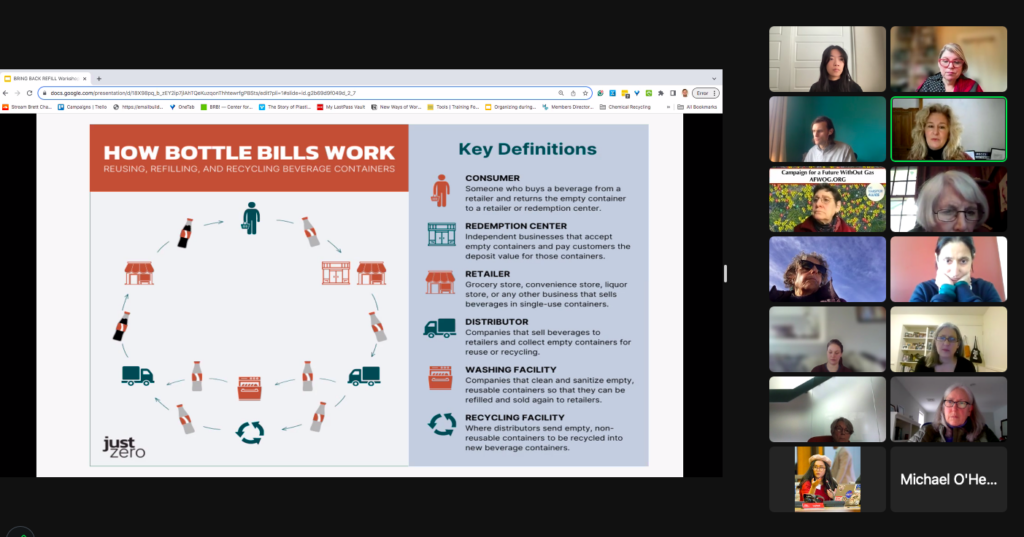
In the meantime, keep an eye out for our “Wish You Were Here” campaign – retro-stylized postcards from Mexico, Philippines and Germany for constituents to send their legislators. The postcards feature statistics on these countries’ share of beverage containers in refillable formats, along with a request to bring refillable containers back to America. The message is clear: refill systems already exist in 170 countries – so why not in the U.S.?
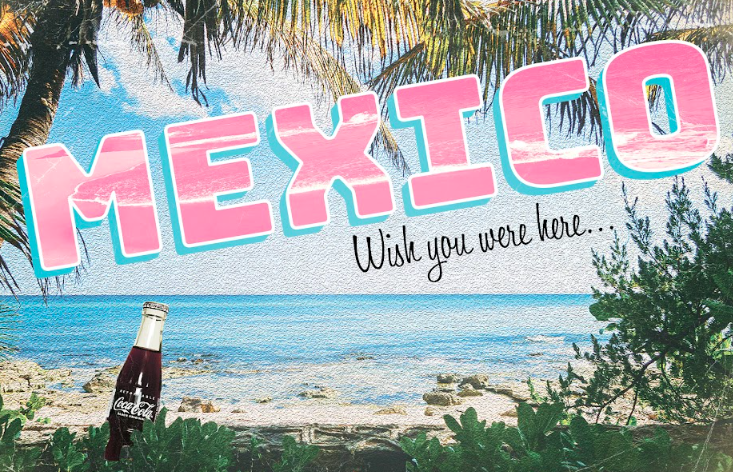
We’ll also field public opinion polls nationally and regionally to really drive home the extent to which the public wants lasting solutions to the plastic crisis. With hard data to back us, we’ll overcome the industry’s false position that consumers prefer the “convenience of disposability.”
Annie is Back!
Remember Annie Leonard, founder of Story of Stuff and host of our iconic Story of… web films? Well, she’s back! After helming one of the largest environmental outfits ever – Greenpeace – Annie’s returned to Story of Stuff as a senior fellow, where she’ll continue working independent projects holding Big Oil to account. She’s also going to host the next video in our Exposed storytelling series, where we unpack some of Coca-Cola’s more insidious greenwashing tactics. Ever wonder why Coke uses the glass bottle in its advertising despite glass being a tiny percentage of its packaging? Annie will explain.
With the Exposed series, we’re exploring a new kind of storytelling, deep-dive exposés that reframe key narratives, incorporate the “citizen science” projects carried out by our Community, and reach wide audiences within and without the movement. The first video in the series, How Coke Killed the Refillable Bottle, sparked an animated discussion among Break Free From Plastic members around the world, and was screened at the Plastic Treaty negotiations in Nairobi. It has also garnered more than 100,000 views on YouTube!
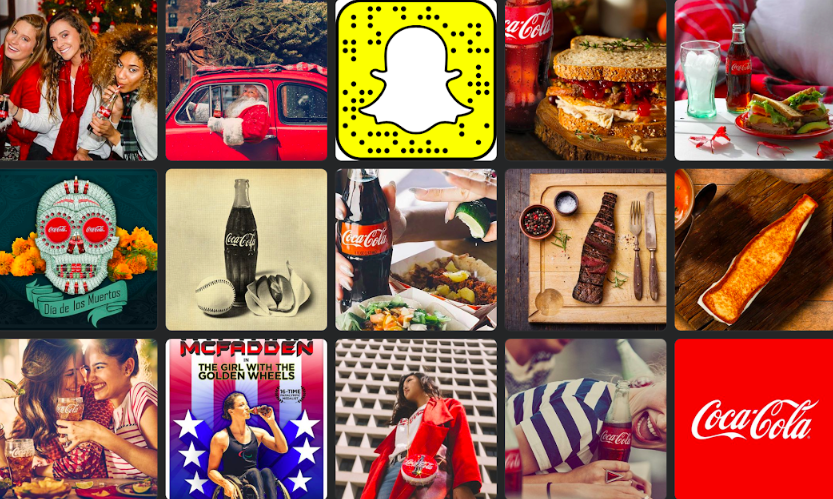
The World We Need’s Last Act
With last month’s release of Casey Camp’s story, our beloved series The World We Need comes to an end. This latest is a powerful, poetic journey through the life of an activist, actress, and Ponca tribe member, fighting to preserve her culture, lands and people in the face of environmental devastation. It has been an honor to tell the stories of Casey and other incredible activists whose voices are too often underrepresented in mainstream media. Watch the entire collection of The World We Need here.
Revisiting East Palestine
Next up, we revisit the site of last year’s train derailment disaster in an area of the Ohio River Valley dubbed “Cancer Valley,” in reference to the plastic processing plants dominating the region, on a scale that mirrors the other toxic hotspot of this industry – Cancer Alley in Louisiana. In the wake of the disaster, Story of Stuff rushed support to frontline groups aiding and mobilizing residents. Now, we check back in with a community dealing with a health crisis in the aftermath, on the heels of President Biden’s recent visit.
Continuing Grassroots Impact with our Grants Program
We’ll continue to support fenceline groups that are taking on some of our most critical environmental issues through community involvement, creative interventions, and solutions-focused projects. Since the program launched, we’ve given away an incredible $400,000 to grassroots organizations. This year, we’ll award $100,000 in direct grants.
We’re always happy to share the impact of our work with generous supporters like you, who make it all possible! If you’d like to discuss anything in more detail, have questions or feedback, please feel free to reach out. We love hearing from you!
